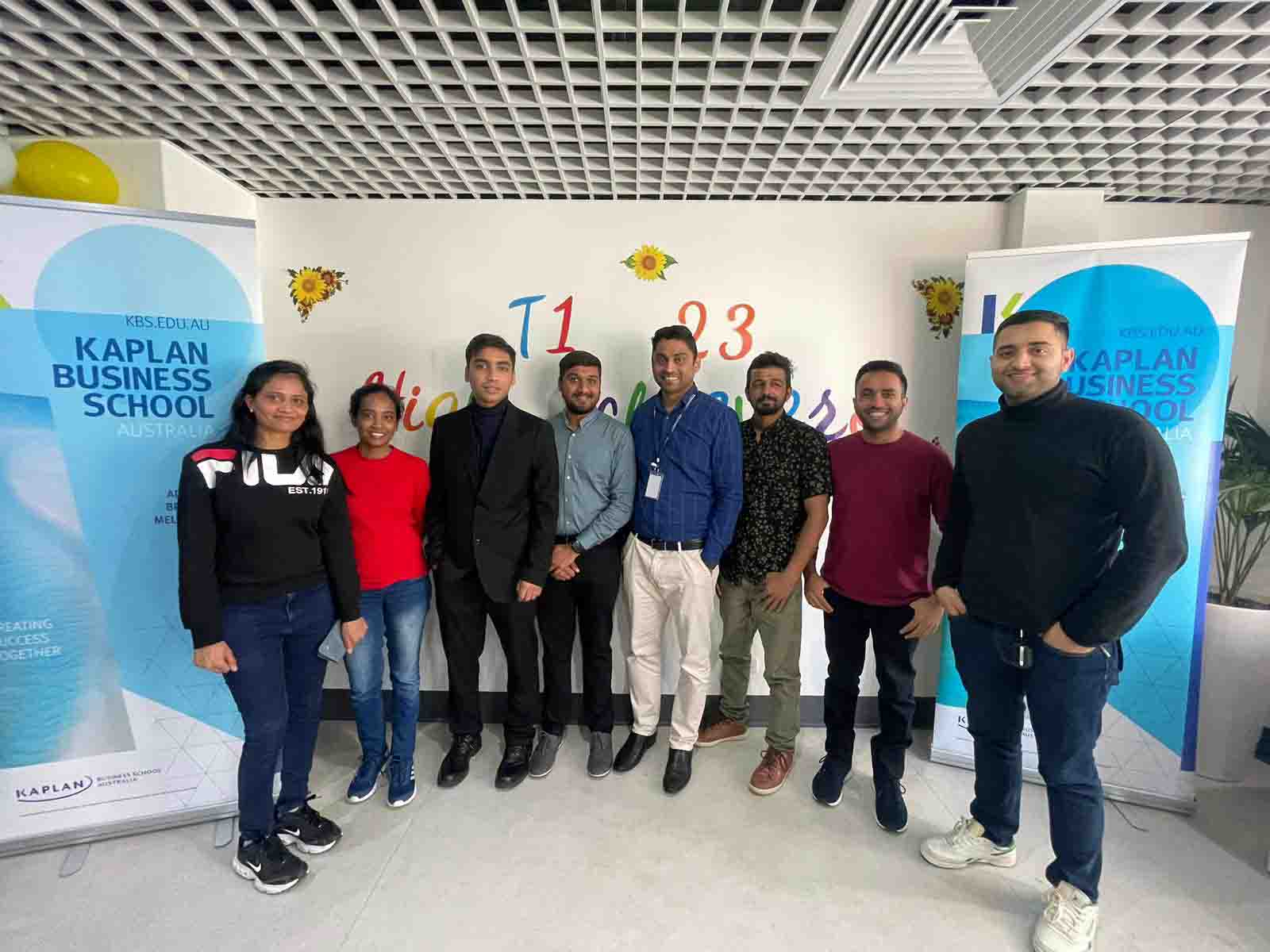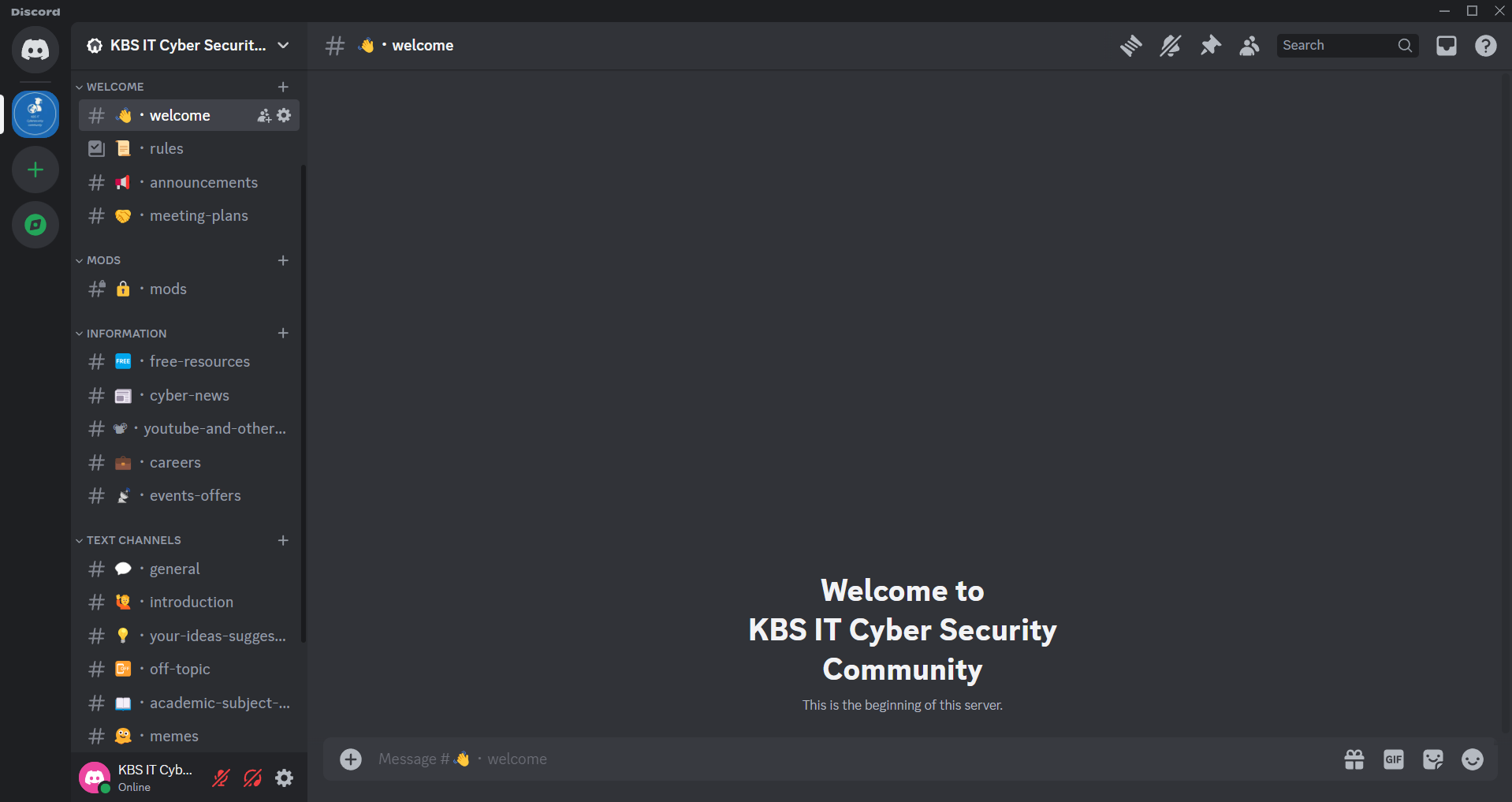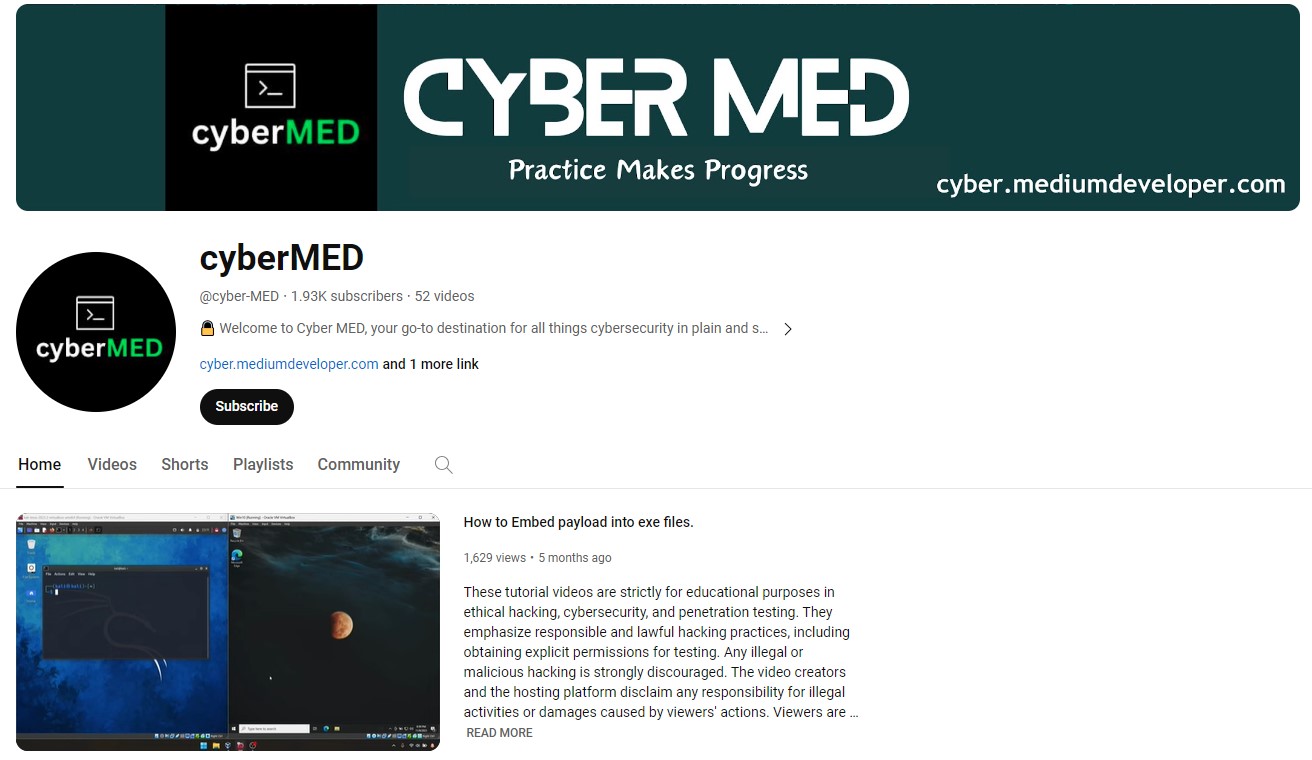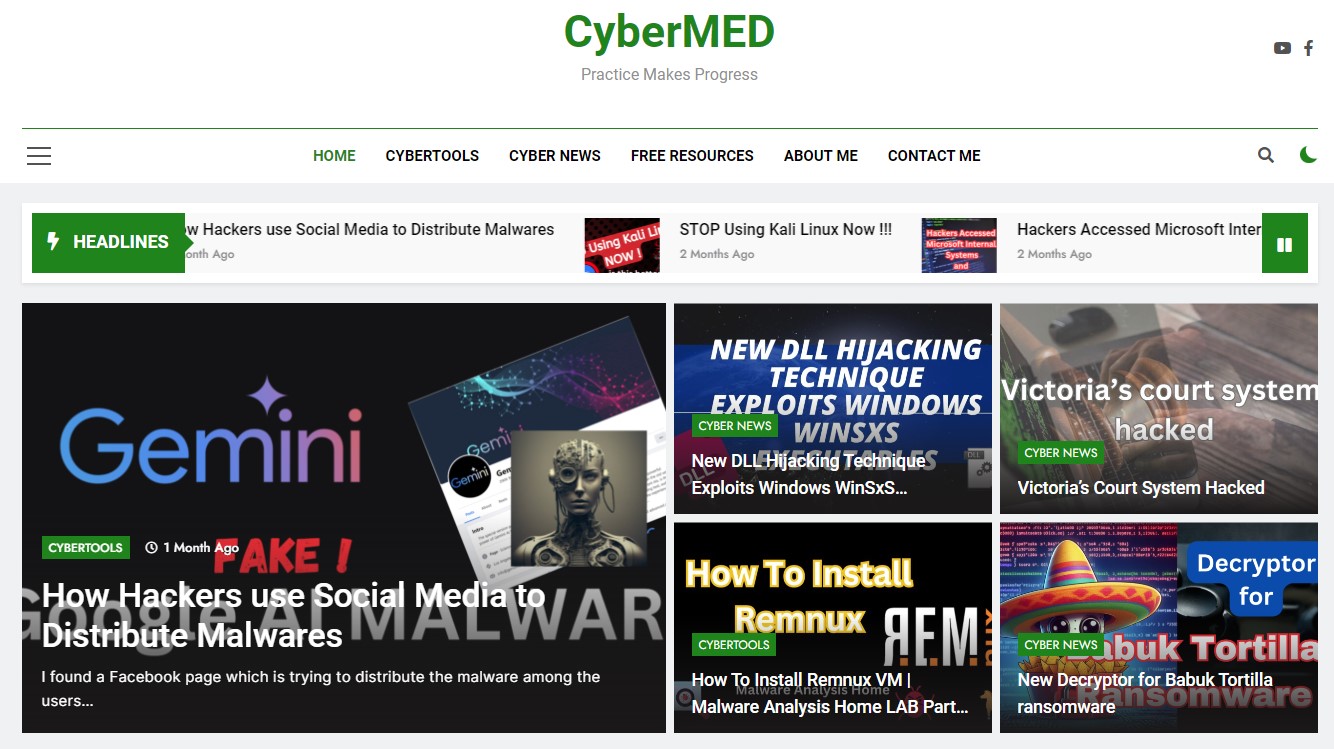CREATING A SAFER WORLD THROUGH CYBER SECURITY
Chathuranga Jayasekara, Master of IT (specialisation: Cyber Security)
Chathuranga Jayasekara (CJ) has always been interested in technology. He started his career as an Associate Systems Engineer in Sri Lanka where he enjoyed using new technology and networking tools to solve a wide range of industry problems.
After several years, CJ knew he needed to upskill to advance his career. Digital skills were in high demand in Australia and the industry was growing, so he enrolled into a Master of IT at an Australian university. However, the course content did not meet his expectations. The knowledge he was being taught were not new nor did it align with his interests. He lost the motivation to continue. CJ started researching different courses and discovered the world of cyber security. He knew that his future career would be in this industry.
CJ researched reputable institutions, found Kaplan Business School (KBS) which was teaching a Master of IT with a specialisation in Cyber Security, and enrolled.
Within the first year of studying at KBS, CJ secured a part-time role as an IT Support Officer role at KBS. He started a YouTube channel and blog called CyberMED and founded a cyber security student community group.
He shares his experience with us.
Tell us how you got the IT Support Officer role at KBS.
I wanted to improve my resume, so I went to see Kasia, a Careers Advisor at Kaplan Business School. She helped me tailor my resume to the local market and gave me tips on how to achieve my short and long-term career goals.
Later in the year, Kasia contacted me with news that there was an IT Support Officer role available at KBS and she encouraged me to apply for it. I was excited about the opportunity, so I did. I was very nervous in the interview, but I did my best to answer the questions. Two weeks later, I received a call that I got the job!
What are your responsibilities as an IT Support Officer?
I conduct classroom equipment (e.g. projector) checks and fulfil IT service requests such as software updates and Wi-Fi connectivity.
I work with the Kaplan IT security team and Support Analyst team to ensure that our security software is updated and compliant. I also help them with troubleshooting.
The most important part of my job is assisting the Kaplan staff, teachers, and students with their IT issues. Many do not have an IT background, so it can be challenging to explain technical processes and solutions in a way that is easy for them to understand and learn, but I enjoy the challenge. I also educate students about online safety and best practices.
I love that my role has diverse responsibilities with room to develop soft skills such as communication and problem-solving.

Tell us about the KBS IT Cyber Security Community group.
To help me achieve my long-term career goals, my Careers Advisor suggested I attend networking events. At the events, I learned that other universities were running community groups in cyber security. I was inspired and wanted to start a community group at KBS for IT and cyber security enthusiasts. I sent a proposal to the Academic Head of IT, and he approved it!
The KBS IT Cyber Security Community group is on Discord and members can share news, knowledge, ideas and fun facts.
I run webinars with a focus on general cyber security safety, ransomware and data breaches. I notify members about upcoming cyber security events and share new and free resources.
Through this community, students can network, enhance their technical and soft skills, and stay updated on what’s happening in the cyber world.

Tell us about your cyber security YouTube channel and blog both entitled CyberMED.
I started my own YouTube channel called CyberMED as a passion project. The videos highlight my research and experiments with new cyber security tools. The channel is a way for me to share insights and tutorials with others. Last year, I decided to write a blog to cover cyber security topics more in-depth.
On my YouTube channel and blog, I approach cyber security from both sides - offensive and defensive.
On the offensive, I focus on ethical hacking. Ethical hackers pretend to be an attacker and try to gain authorised access to the network within legal boundaries. They look for weak points and help develop solutions to prevent cyberattacks and security breaches for organisations.
Defensive security focuses on preventing and mitigating cyber risks. Here, I pretend to be a defensive security employee who needs to implement solutions quickly to protect the network.
The most popular topics on my channels have been malware development, info stealer malware and malware reverse engineering. People need to know that anyone can be a victim of malware threats and how they can prevent security breaches with some simple safety precautions.


What is your advice to someone interested in studying cyber security?
You need three things – passion, ‘outside the box’ thinking and patience.
Why passion?
The nature of the industry and relevant job roles are changing every day. Passion drives me to constantly research, seek updates and experiment.
Why ‘outside the box’ thinking?
In this fast-paced industry, you must continuously develop new ideas, new security strategies and take calculated risks. Hackers will try to find new ways of breaching networks; we must find new ways of keeping our networks and systems secure.
Why patience?
You cannot learn everything in one day nor can we find a solution in one day. Ethical hacking, software development or troubleshooting solutions can take many attempts. For example, the research, solution and documentation of my latest malware experiment took me more than a month.
Where do you see yourself in 5 years?
I want to be a cyber security professional. However, I enjoy sharing my knowledge and experience, so I also aim to be an influencer in this industry. My personal and career goal is to create a safe cyber world for the global online community.
Want to connect with CJ?
LinkedIn - https://www.linkedin.com/in/chathuranga-jayasekara/
Are you interested in learning about ethical hacking and digital forensics to prevent and detect cybercrime? Learn about our Master of Information Technology (specialisation in Cyber Security) and about studying business in Australia.





